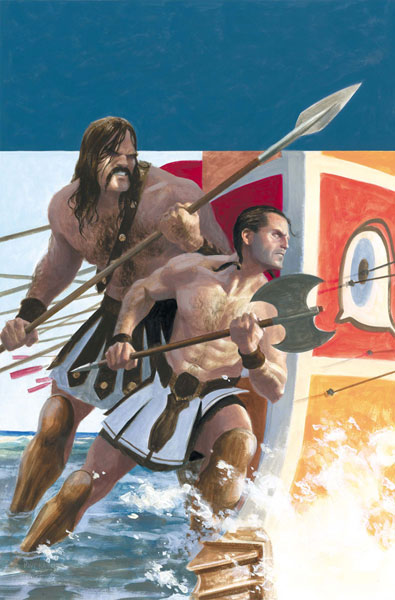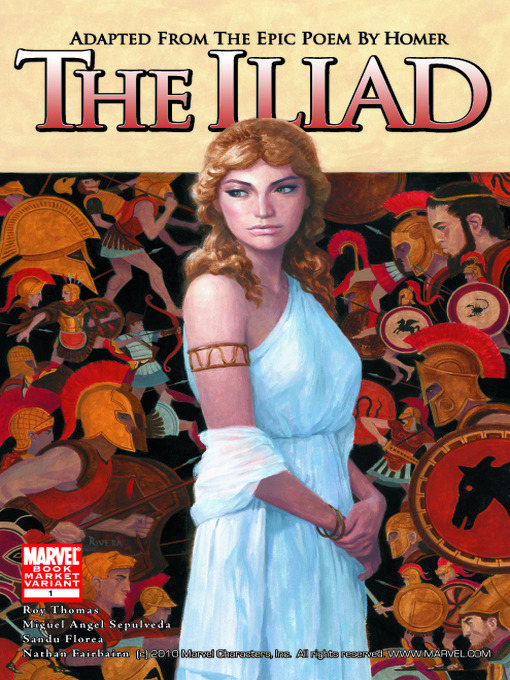

Has Marvel succeeded in creating an epic for our era? And if so, what virtues and values does it represent to us? Other key characteristics include catalogues of heroes and warriors, vast geographic range and disparate locations, depictions of superhuman and martial feats, extensive descriptions of the hero arming himself, intervention by gods and other supernatural beings, and often a terrifying journey to some form of underworld or land of the dead. “it is a long verse narrative on a serious subject, told in a formal and elevated style, and centered on a heroic or quasi-divine figure on whose actions depends the fate of a tribe, a nation, or (in the instance of John Milton‘s Paradise Lost) the human race”. The epic genre is defined by loose stylistic and thematic criteria, not all of which translate to film.

The function of these epic poems was to illustrate and exemplify the virtues and values of the civilisation they belong to, through the struggles and triumphs of its heroes. Marvel's Infinity Saga is a ten-year series of 22 interwoven superhero films that culminated in the three-hour extravaganza Avengers: Endgame.Īnd with this accomplishment Marvel has resurrected the epic genre for a cinematic age.įrequently described as “epic” for its sheer scale and ambition, the Saga is also epic in this literary sense, and it represents a unique moment in American culture.Įpic poems bring to mind ancient works like Gilgamesh, the Iliad and the Odyssey, the Mahābhārata and Ramayana, Beowulf and the Song of Roland, to name a few. Tony Stark/Iron Man in a scene from Captain America: Civil War


 0 kommentar(er)
0 kommentar(er)
